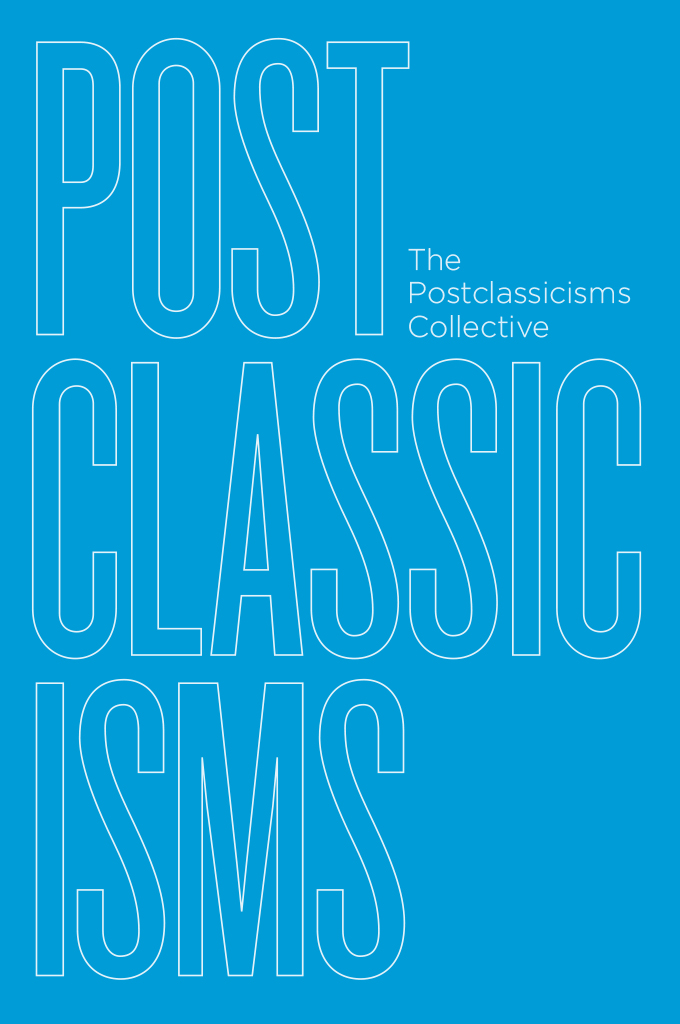
Postclassicisms
Postclassicisms
The Postclassicisms Collective
The University of Chicago Press
CHICAGO & LONDON
The University of Chicago Press, Chicago 60637
The University of Chicago Press, Ltd., London
2020 by The University of Chicago
All rights reserved. No part of this book may be used or reproduced in any manner whatsoever without written permission, except in the case of brief quotations in critical articles and reviews. For more information, contact the University of Chicago Press, 1427 E. 60th St., Chicago, IL 60637.
Published 2020
Printed in the United States of America
29 28 27 26 25 24 23 22 21 20 1 2 3 4 5
ISBN-13: 978-0-226-67228-1 (cloth)
ISBN-13: 978-0-226-67231-1 (paper)
ISBN-13: 978-0-226-67245-8 (e-book)
DOI: https://doi.org/10.7208/chicago/9780226672458.001.0001
Library of Congress Cataloging-in-Publication Data
Names: Postclassicisms Collective, author.
Title: Postclassicisms / The Postclassicisms Collective.
Description: Chicago ; London : The University of Chicago Press, 2020. | Includes bibliographical references and index.
Identifiers: LCCN 2019018470 | ISBN 9780226672281 (cloth : alk. paper) | ISBN 9780226672311 (pbk. : alk. paper) | ISBN 9780226672458 (e-book)
Subjects: LCSH: Classical philologyPhilosophy. | Critical theory.
Classification: LCC PA37 .P67 2020 | DDC 480.01dc23
LC record available at https://lccn.loc.gov/2019018470
 This paper meets the requirements of ANSI/NISO Z39.48-1992 (Permanence of Paper).
This paper meets the requirements of ANSI/NISO Z39.48-1992 (Permanence of Paper).
Contents
In this book, wenine classical scholars, attempting to write not with a single voice but in an intermittently convergent pluraloffer a series of reflections on the nature of our discipline: its history, its durability, its peculiarities and preoccupations, its passions, its perversities, and its possibilities. We aim to open a conversation about what classics means now and what it might mean in the future, to us and to others. We are not the first or the only ones to attempt such a venture; nor is classics the only discipline to reflect on itself in this way (see the accompanying bibliographic essays at the end of the book). Nevertheless, we hope that this bookthe product of long and intense collaborationoffers a distinctive voice.
This is not a rulebook for how to do classics; it is, rather, an attempt to address a cluster of ambitiously defined questions that have perennially vexed the study of Greco-Roman antiquity and continue to do so today. The nature of the projects motivating questions and its stakes are laid out in the introduction that follows this preface. Here we wish to say a few words about the affinities and commitments that have oriented us, the methodological principles guiding our work, and our hopes for how this book might be useful. We discuss the logistics and the ethos of the collective labor behind this book in more detail in the postscript.
Fundamental to our project and to this book has been a commitment to collaboration, dialogue, and debate. It is animated by a number of voices, neither fully distinct nor seamlessly integrated, nor always harmonious. At the same time, the we of the project share important points of overlap in our individual perspectives. Despite a range of national backgrounds, all of us are deeply, if not exclusively, aligned, through our training and our professional practice, with the disciplinary formation of classics within the Anglophone world. The majority of us focus primarily on texts, with somewhat less systematic recourse to visual and material culture. Between us, we cover almost all genres of ancient writing; many of us are also deeply engaged with reception studies, different forms of theory, and comparative work. We are, broadly speaking, Hellenists. Doubtless our perspective on the issues of contemporary classics would be somewhat different if we were Latinists, archaeologists, or art historians. The classicism with which we engage is that of the Greco-Roman tradition, although we are well aware that the idea of the classical tradition has all too often obscured the plurality of traditions that might be so termed (e.g., Indian, Chinese, Egyptian, Persian) and might be productively studied comparatively.
In acknowledging these shared backgrounds and affinities we recognize not only the principled ineluctability of partial perspectivethe we here does not represent a claim to universality, or to a synoptic gazebut also its virtues. It is through this situatedness that we come to confront the conceptual masonry of the world. Many though by no means all of the abiding concerns in the following pages have emerged, for example, from modern engagements with the Greeks and the history of Philhellenismthe long shadow of German idealism, for example, or the contested narratives of the Greek miracle. Yet we also resist seeing these orientations (Anglophone, philological, Hellenist) as reified categories whose boundaries must be accepted in advance as the condition of professional legibility. The members of this group share a centrifugal relationship to the field of classics, an intellectual nomadism, and active involvement in other academic communities (disciplinary and interdisciplinary), often through hybridized professional identities and affiliations.
In this restlessness, we are, of course, not alone. The challenges of disciplinary belonging and its discontents are an integral part of any discipline, and have been so for a long time. At the same time, we would be disingenuous if we claimed to be marginal outsiders, permanently circling the edges of our field. All of us are in the privileged positions of having job security in an increasingly precarious profession; it should be no less part of our own situatedness to acknowledge this relative stability. With that come the advantages of a network: we owe a great debt of gratitude to colleagues, predecessors, friends, and students, whose thoughts and writings have influenced ours and with whom we are in dialogue. The field of classics in the early twenty-first century (like the humanities as a whole) has accommodated and debated a range of theoretical and interdisciplinary trends: structural linguistics, anthropology, poststructuralist thought, feminism and gender studies, postcolonial studies and critical race studies, cultural studies, the history of science and of scholarship, new forms of comparative literature and comparative history, and new philosophies of materialism, or the posthuman. Some of us have been and remain in the middle of those developments, and we feel lucky enough to have come of age academically at a time when many of those questions were already a part of the disciplinary culture we could share with like-minded others. In the last decade, in which our thinking on postclassicism has come to fruition, we have found ourselves looking with excitement to other projects and areas, from which we have learned much. Among such new areas are forms of comparatism that extend antiquity to other geographical or cultural areas; new attention to the methods, theories, and practices of scholarship and of philology; the importance of the senses, affects, and embodiment, as well as of objects and things, in our understanding and configuration of antiquity; the relevance of attention to explicit or implicit political thought; renewed interest in race in antiquity, in the reception of the Greco-Roman canon, and in the formation of the discipline; and new thinking about the temporality of antiquity, whether through revisiting notions of anachronism or by activating a sense of deep time.
Next page
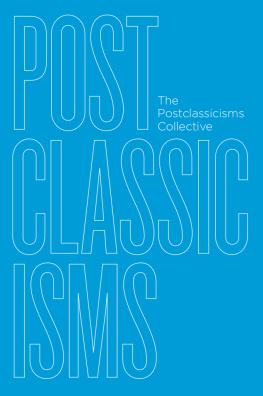

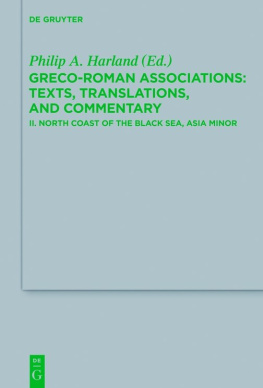
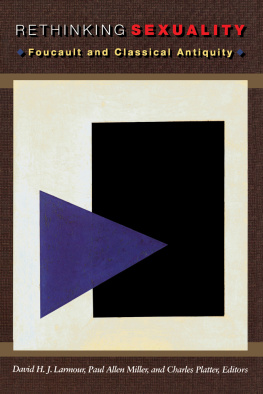

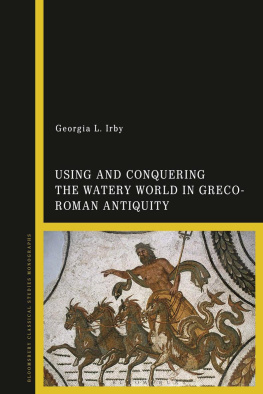
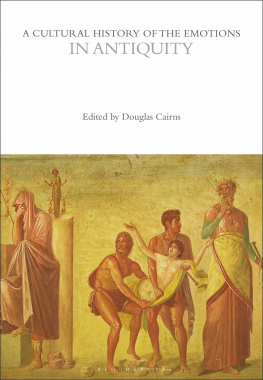
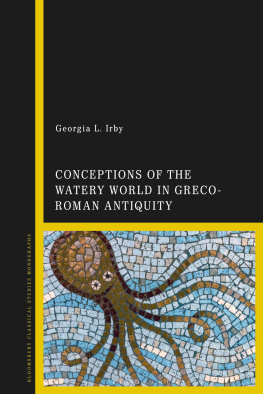
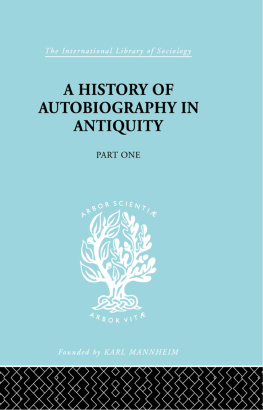
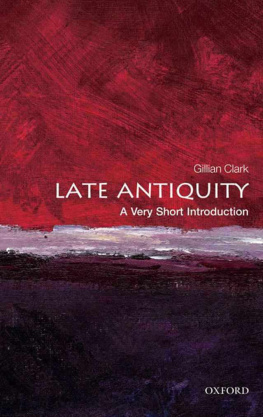
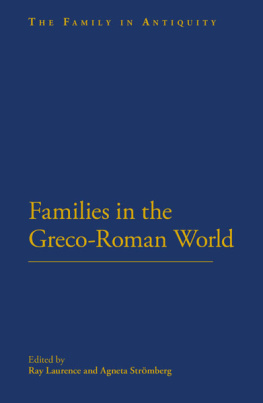

 This paper meets the requirements of ANSI/NISO Z39.48-1992 (Permanence of Paper).
This paper meets the requirements of ANSI/NISO Z39.48-1992 (Permanence of Paper).